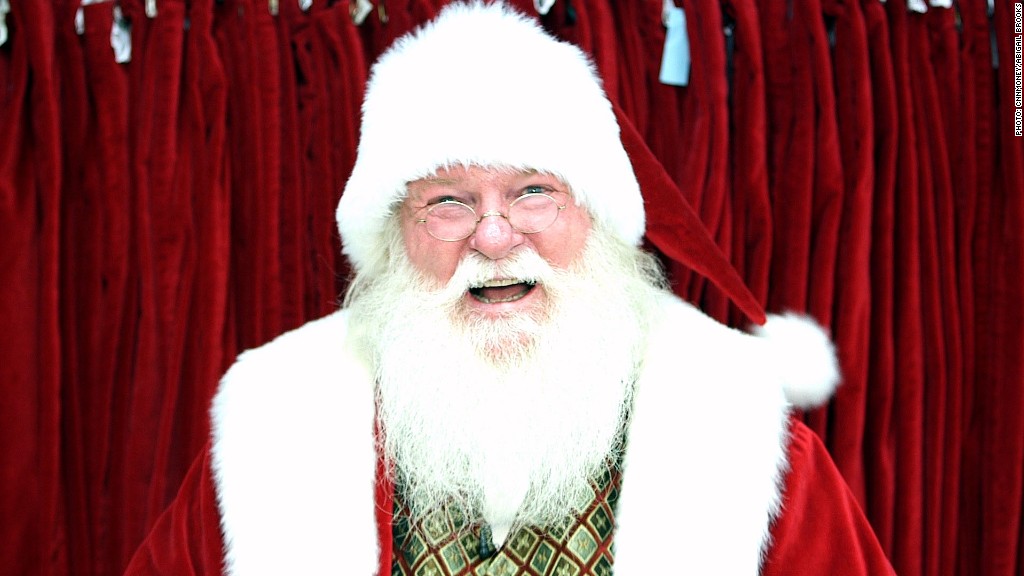
Christmas trees are in short supply this year. Blame the ghost of recessions past.
Seven- and eight-foot pine, Fraser fir, noble, Douglas and spruce trees are scarcer and more expensive across the country this season.
A production slowdown during the Great Recession created a tight Christmas tree market today.
In the mid-2000s, tree growers started pulling back on new plantings because of an excess of trees. The recession pressured farmers even more as the economy sputtered and sales declined.
Growers have limited amounts of land and have to unload old trees before harvesting new ones, explained Doug Hundley, spokesman for the National Christmas Tree Association, a group representing growers.
"Trees are in shorter supply this year," said North Carolina Department of Agriculture spokeswoman Heather Overton. She pointed to "saturation" followed by recession, which forced smaller farmers out of business in North Carolina -- the country's second largest Christmas tree producer.
Related: Elf on the Shelf phenomenon is 11 million strong
Total production across the country dropped more than 30% from 2002 to 2012, according to the most recent federal agriculture census. (Nearly all real trees are grown on farms as sustainable crops, according to the trade group.)
Now that the economy's healthy, growers are fighting to keep pace with demand. Prices have jumped 5% to 10% this year, according to Hundley.
It is difficult to estimate nationwide prices for Christmas trees around the country, but the group's annual survey found that customers spent an average $74.70 on a tree in 2016, up 30% from the year before.
Fewer trees and higher prices are leading customers to turn to artificial trees.
95 million homes plan to buy Christmas trees this year, but only 19% of them will be real, according to the American Christmas Tree Association, a group representing artificial tree sellers.
But while Santa will be leaving more presents under fake trees this year as a result, real tree supply should bounce back.
"We anticipate the market to really start to rebound in 2019," predicted Overton.
